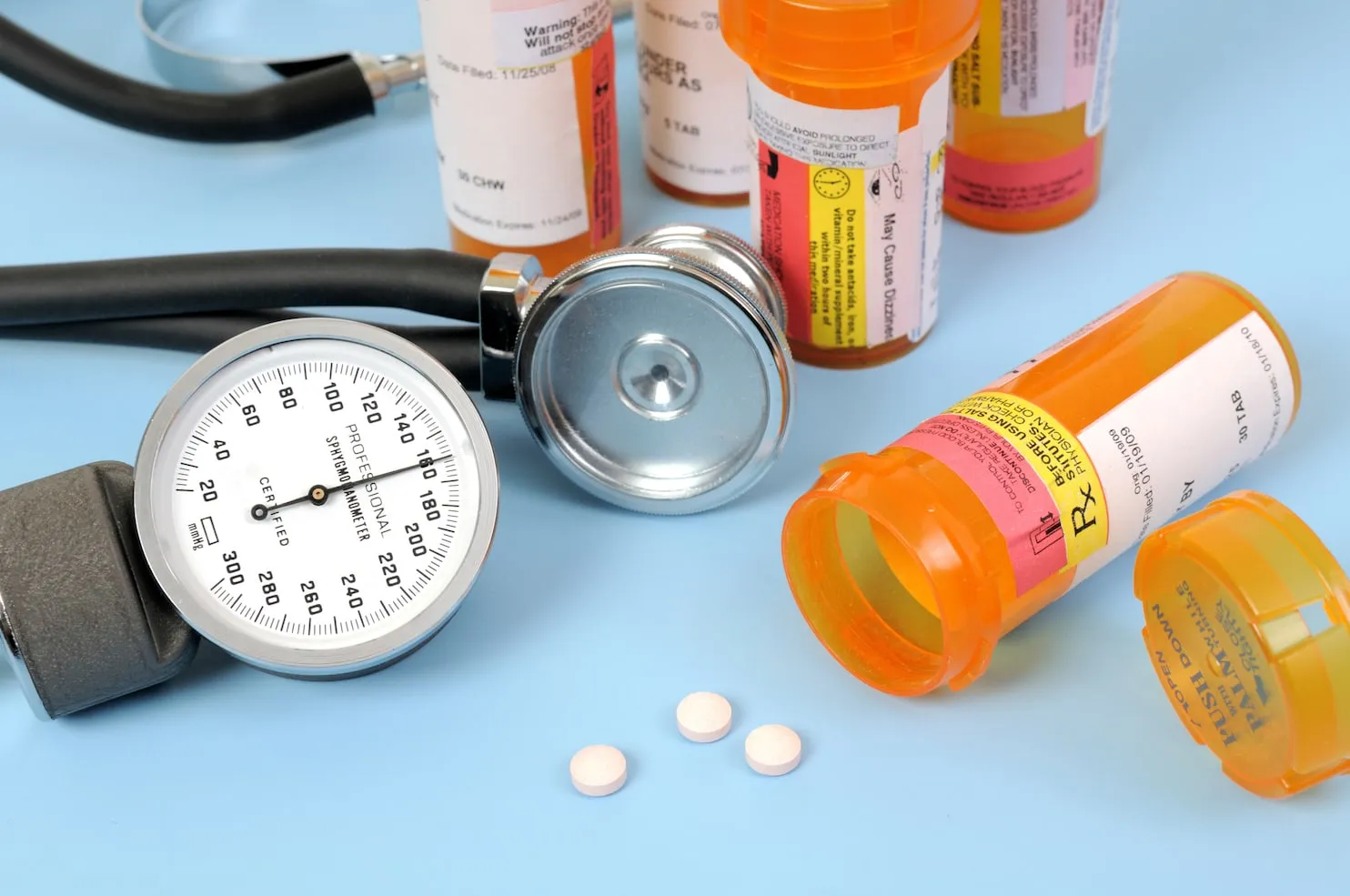
Hypertension, commonly known as high blood pressure, is a chronic condition where the force of blood against your artery walls is consistently too high. If left untreated, it can lead to heart disease, stroke, kidney failure, and other serious health issues.
Making changes to your daily habits is crucial for managing hypertension. Key lifestyle adjustments include:
If lifestyle changes are not enough, doctors may prescribe medications to control blood pressure. Common types of antihypertensive drugs include:
Chronic stress can contribute to high blood pressure. Techniques to reduce stress include **meditation**, **deep breathing exercises**, **yoga**, and engaging in hobbies that bring joy and relaxation.
Drinking too much alcohol or consuming excessive caffeine can increase blood pressure. Limit alcohol intake to no more than **one drink per day for women** and **two drinks per day for men**. Monitor your response to caffeine and adjust your consumption if needed.
Smoking damages blood vessels and increases the risk of heart disease. Quitting smoking improves overall health and lowers blood pressure over time.
Regularly check your blood pressure at home or during doctor visits. Consistent monitoring helps you stay aware of your condition and make timely adjustments to your treatment plan.
Managing hypertension involves a combination of **lifestyle changes**, **medications**, and **stress management**. By adopting healthy habits and working closely with your healthcare provider, you can control high blood pressure and reduce the risk of serious complications.
Subscribe to read the full article.
Subscribe Now